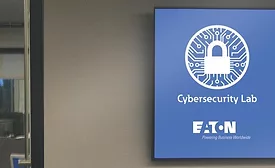Security Leadership and Management
Get to know the standards advancing cybersecurity
There is a crucial need for robust cybersecurity practices.
September 11, 2020
Sign-up to receive top management & result-driven techniques in the industry.
Join over 20,000+ industry leaders who receive our premium content.
SIGN UP TODAY!Copyright ©2026. All Rights Reserved BNP Media.
Design, CMS, Hosting & Web Development :: ePublishing














